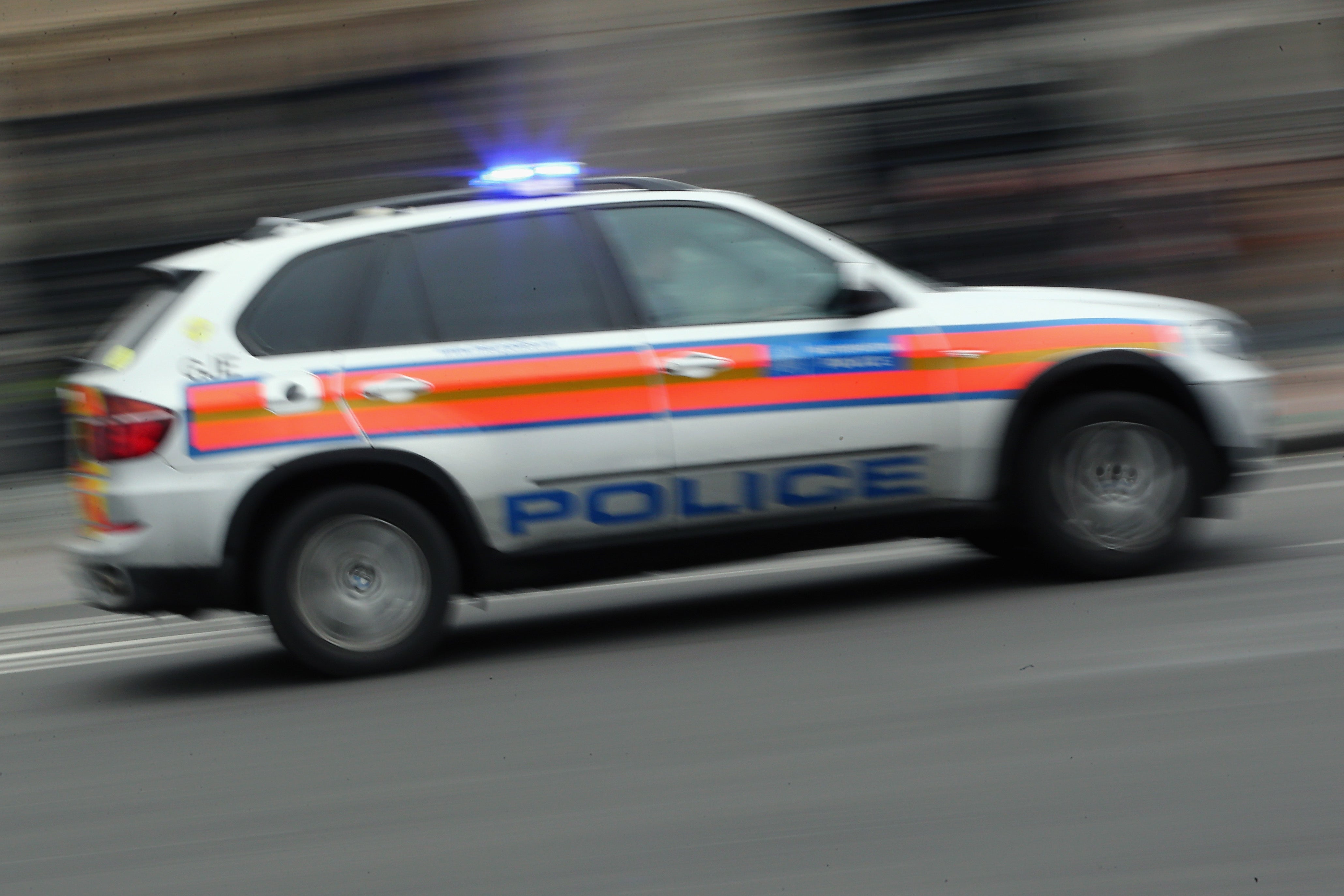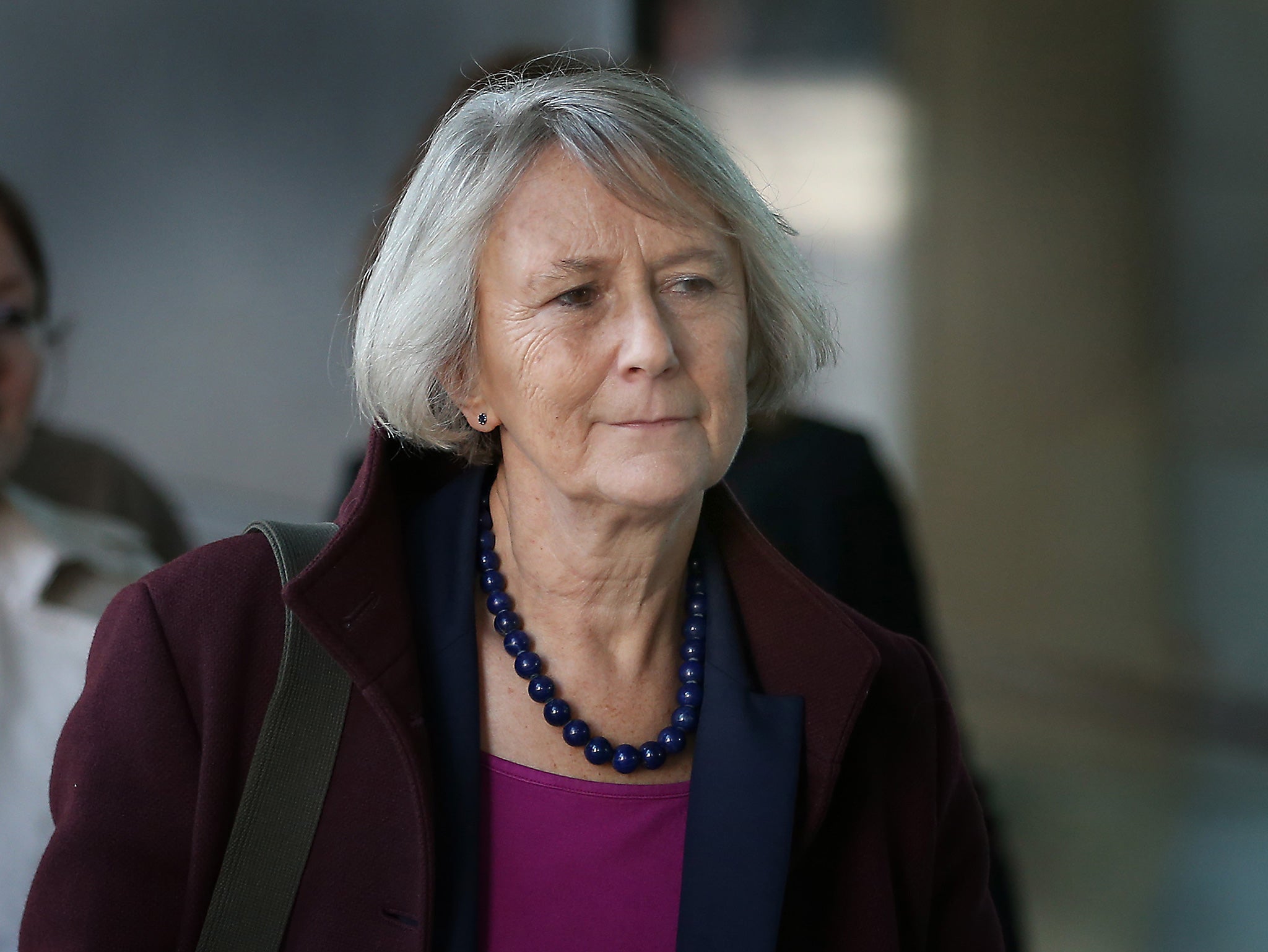Police complaints system is 'over-complex and inconsistent', says watchdog
Police complaints have risen by over 60 per cent in the last decade

Your support helps us to tell the story
From reproductive rights to climate change to Big Tech, The Independent is on the ground when the story is developing. Whether it's investigating the financials of Elon Musk's pro-Trump PAC or producing our latest documentary, 'The A Word', which shines a light on the American women fighting for reproductive rights, we know how important it is to parse out the facts from the messaging.
At such a critical moment in US history, we need reporters on the ground. Your donation allows us to keep sending journalists to speak to both sides of the story.
The Independent is trusted by Americans across the entire political spectrum. And unlike many other quality news outlets, we choose not to lock Americans out of our reporting and analysis with paywalls. We believe quality journalism should be available to everyone, paid for by those who can afford it.
Your support makes all the difference.The police watchdog today raised fresh concerns over the ability of forces to investigate themselves for alleged wrongdoing by officers as it revealed a record high number of public complaints in the last year.
The Independent Police Complaints Commission (IPCC) said today that it had identified cases where police failed to properly interview the complainant or follow up lines of inquiry, leaving massive gaps in their internal inquiries.
Forces recorded more than 37,000 complaints about police in England and Wales in 2014/15, an increase in 60 per cent in the decade since it started collecting the data. About a fifth of the complaints were for “oppressive behaviour” which included alleged sexual assaults, harassment and unlawful arrest or detention.
The allegations investigated by the police themselves led to only 14 per cent of the allegations being upheld. But the watchdog revealed yesterday that it had upheld 40 per cent of appeals by dissatisfied complainants. When police heard the appeals, only 20 per cent of them were upheld.
Even when the watchdog had uncovered failings in an internal police inquiry it could only refer the case back to the force. Some of those cases bounced between the organisations without any final decision being made.
Dame Anne Owers, Chair of the IPCC, said that chief officers had to look hard at their own figures to ensure that people who complained were being treated properly. “These figures show a complaints system that is both over-complex and inconsistent, and is clearly failing to satisfy a significant number of complainants,” she said.
“However, the underlying problem is the system itself. We welcome the fact that the government proposes to bring in legislation to simplify and streamline a system that at present satisfies neither those who need it nor those who have to operate it.”

The report examined lower level complaints that were investigated by the forces themselves, sometimes under the supervision of the watchdog and showed how many dragged on for months. The most serious complaints of police misconduct – which could result in sacking or criminal prosecutions – are carried out by the IPCC.
Join our commenting forum
Join thought-provoking conversations, follow other Independent readers and see their replies
Comments